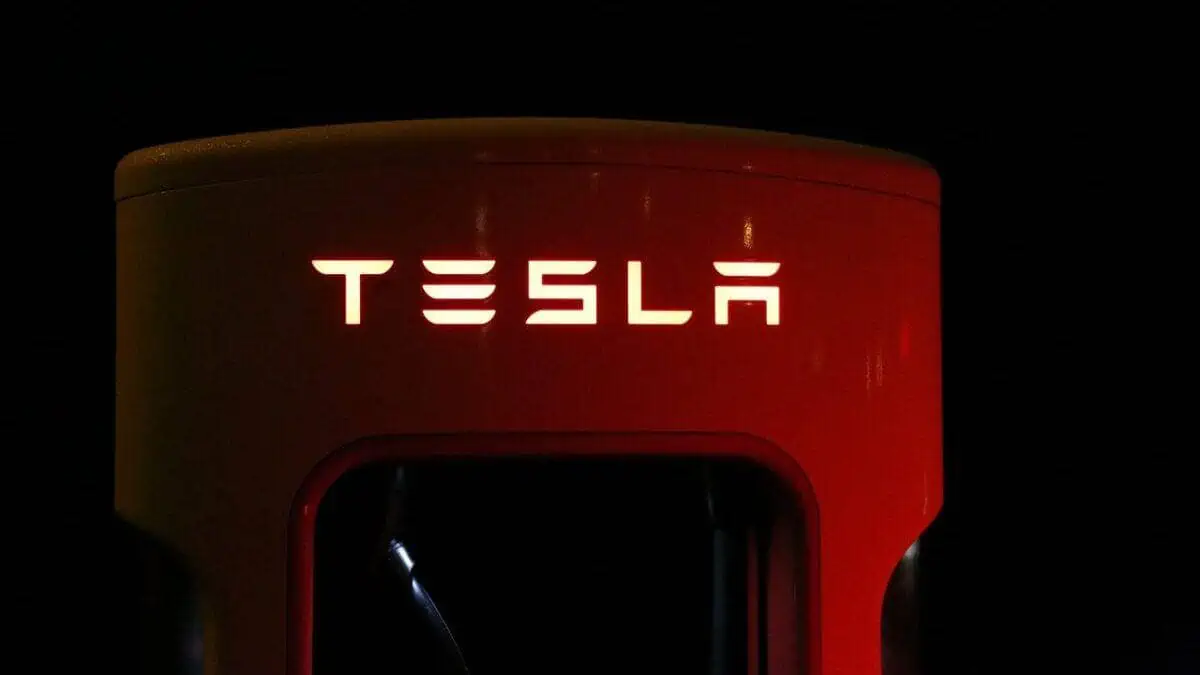Mercedes-Benz India is apparently enthusiastic about Tesla’s potential arrival in the world’s third-largest automotive market, The Times of India reports, citing its exclusive interview with a company executive.
Tesla’s Entry Doesn’t Scare Luxury Market Leader
Mercedes-Benz India’s Managing Director and Chief Executive Santosh Iyer expressed his excitement about the American electric vehicle giant’s imminent penetration of the local market.
CEO Santosh sees Tesla’s entry into India as a catalyst for the further growth of the domestic electric vehicle industry, even welcoming Tesla EVs in its charging network in the country.
“Our EV charging bays will be open for Tesla cars, just like they are for an EV of any other brand.”
Santosh Iyer, Mercedes-Benz India’s Managing Director and Chief Executive
Notably, the German automaker strongly aims to expand its electric vehicle charging network in India, which currently only has a minimal penetration rate.
Excitingly, EVs’ penetration rate in India is set to substantially increase upon the arrival of Tesla. Instead of being threatened, the Mercedes-Benz CEO said that the healthy competition will help boost the local EV industry.
“New entrants will only expand volumes in different segments and grow the market.”
Santosh Iyer, Mercedes-Benz India’s Managing Director and Chief Executive
Tesla to Penetrate the Indian Market
Tesla will highly likely announce progress in its negotiations with the Indian government about potential local production and imports after several years of back and forth at the upcoming visit of CEO Elon Musk to the country.
As EV-a2z reported, the Tesla boss will travel to India later this month to meet with Prime Minister Narendra Modi.
Many expect the two parties to finally declare key details about the potential partnership, including investment in local production, duty cuts, and sales/distribution model.
India’s EV industry
The penetration rate of electric vehicles in the Indian market is currently at only 2.3%, propelled by local automaker Tata Motors.
The Indian government aims to increase its annual EV sales to 1 crore units by the end of the decade. The industry also expects electric cars with a $25,000 price range to account for 15% of the market by 2030.
India’s new EV policy can significantly boost the local industry and advance its position as a major production hub for electric vehicles produced by global automakers.






